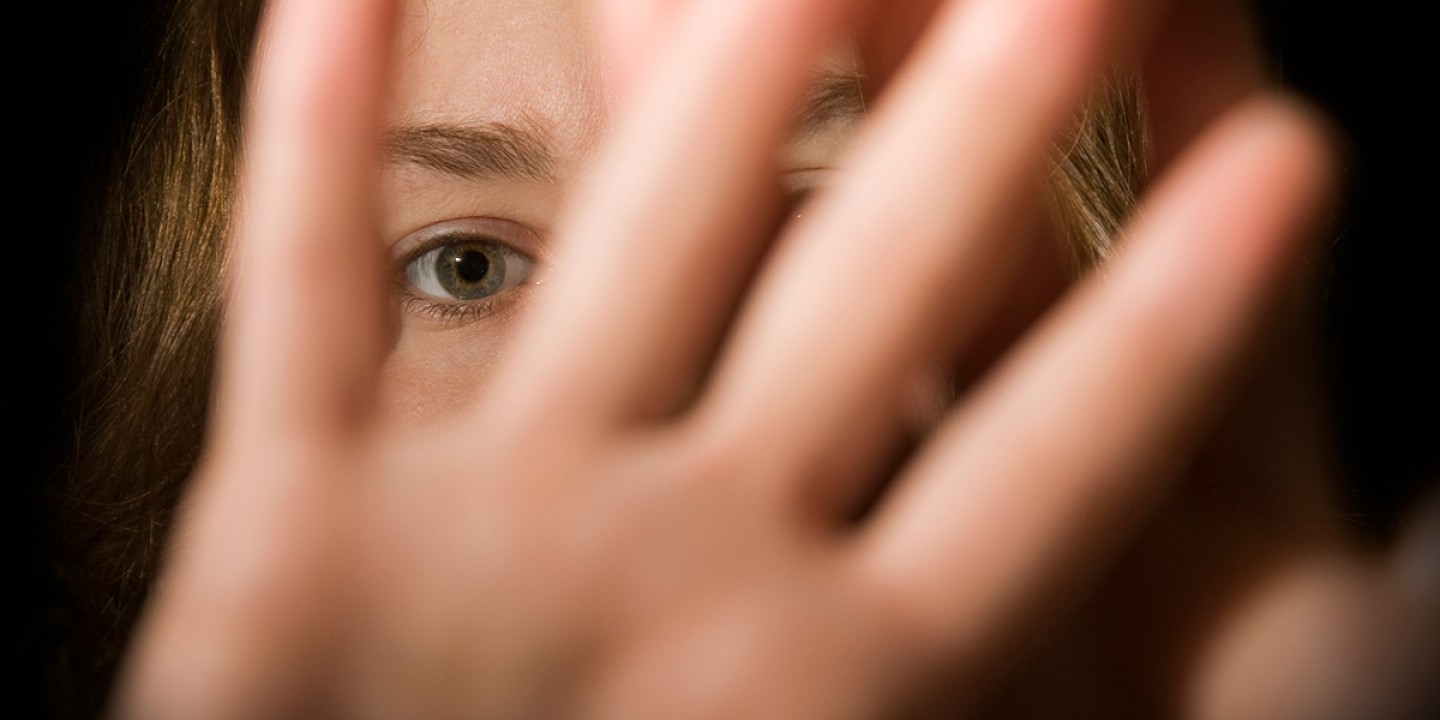Becoming less defensive about white privilege
The Christian faith provides some tools for letting go of our defensiveness.

One of the unspoken privileges of being white in America is the privilege to assume that racism is not a pressing topic. To many white people, it makes little sense to expend energy talking about something largely remote from their daily experience. Race is what other people have, and racism is what other people are responsible for. When one’s life is shaped within the confines of neighborhoods, schools, workplaces, and worship settings that are mostly or entirely white, whiteness feels quintessentially American. It’s normal. The standard. The default. Every other skin color is abnormal, other, diverse.
Because structural racism gets discussed so reluctantly within white enclaves, it’s little wonder that racial illiteracy rears its head when a death like George Floyd’s occurs and millions take to the streets. Suddenly white innocence gets exposed, and people race to catch up on what they have largely ignored. Hefty reading lists get shared. Antiracism titles go on back order. Uncomfortable conversations about white privilege tumble into the open as people try out new vocabularies and test their voice.
Racial credentialing enters the scene, too: I have a couple of friends who are black . . . Shaming goes on a rampage. Guilt ratchets up. Defensiveness shifts into high gear.
I’ve noticed that few subjects spark defensive behaviors among white people quite like white privilege. Plenty of folks take umbrage at that label because it feels to them like an accusation of personal racism, a threat to their way of life, an indictment of their niceness. To them, the word privilege connotes visible perks or benefits usually associated with class or wealth. What they don’t see is a racialized society where privilege is essentially an exemption from the weighty psychic burdens that afflict black people every day. If you’re white, you don’t have to deal with negative assumptions being made about you based on the color of your skin. If you’re black, you deal with it every day. As someone has put it: white privilege doesn’t mean your life isn’t hard. It just means the color of your skin isn’t one of the things that makes it harder.
Here’s what the Christian faith helps me know and reminds me to tell my most defensive-minded friends: look, you have some tools in the toolbox of your faith life that are exciting to put to work in our world of racial inequity. Start by letting go of the defensiveness. That’s a must. It’s a constrictive survival response that only separates you from God. I know we equate letting go of something, including cherished assumptions, with deprivation. But claw marks don’t set you free. According to Jesus, relinquishment is a ticket to abundant life. Reexamining personal behaviors and perspectives isn’t just a Lenten project. We no longer have the luxury of living racially unaware lives. Where you feel uncomfortable, disempower it. Let go of your brittleness. The Lord helps us know that we don’t have to secure ourselves against insecurity.
So relax into the power of faith. Do some soul searching. Take what scares the hell out of you about yourself and pick it up, much like that cross Jesus mentions. Then, move your ego aside, much like that denying of self that Jesus commands. And live! Live with the mind of Christ, humbly open to changing all that needs to be changed about you and your world.
A version of this article appears in the print edition under the title “Letting go of white defensiveness.”





